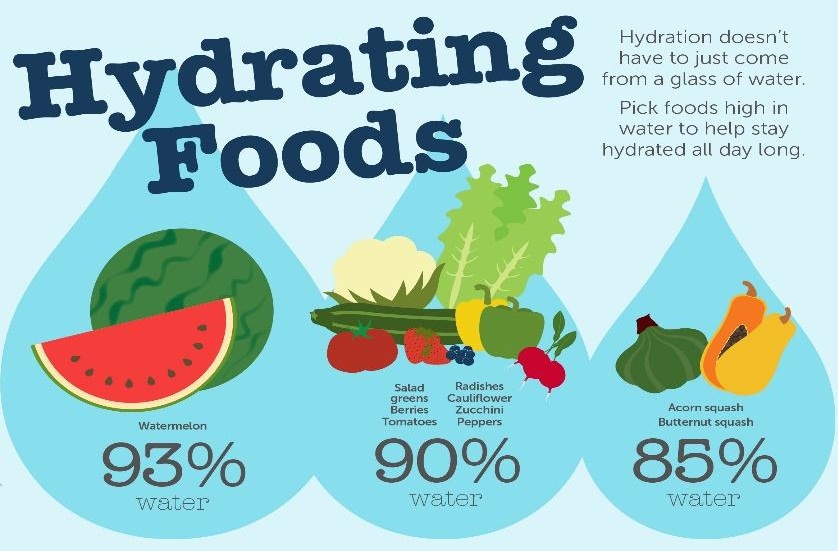Hydrating foods can help maintain proper hydration levels and support overall well-being. Here are some hydrating foods to include in your diet:
Fruits:
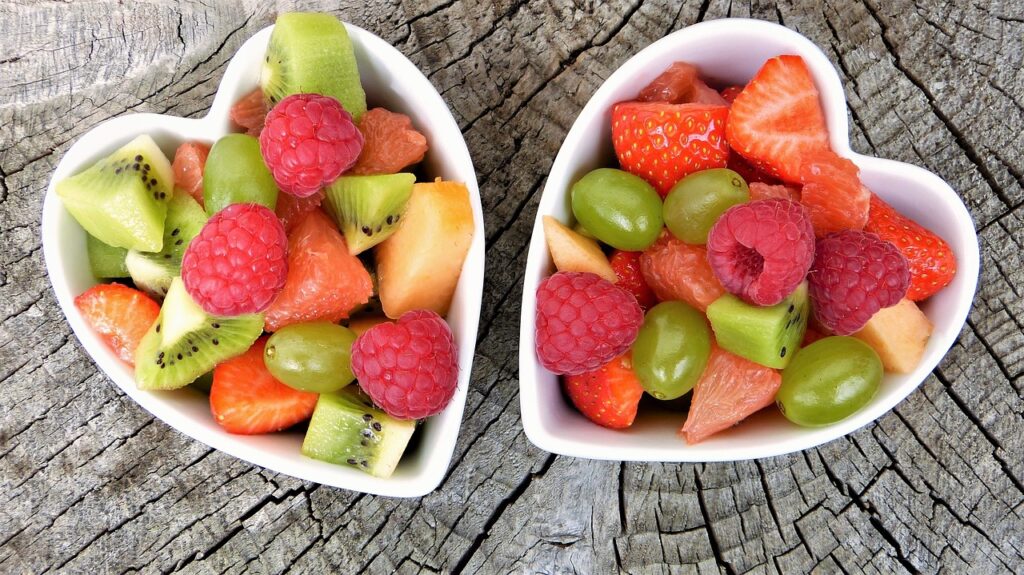
Many fruits have high water content, making them refreshing and hydrating options. Examples include watermelon, strawberries, oranges, grapefruit, cantaloupe, and pineapple.
Vegetables:
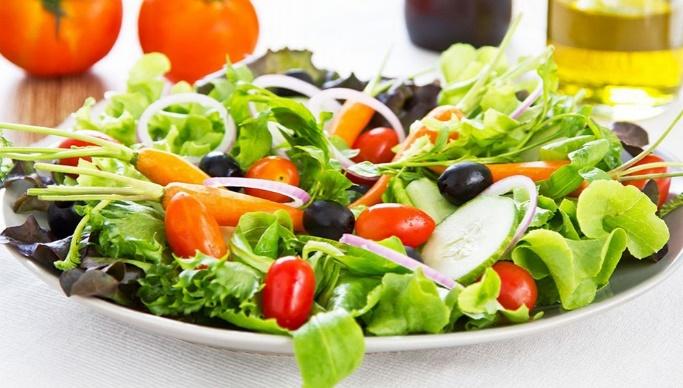
Certain vegetables contain a significant amount of water, contributing to hydration. Cucumber, lettuce, zucchini, celery, radishes, and bell peppers are good choices.
Soups and Broths:
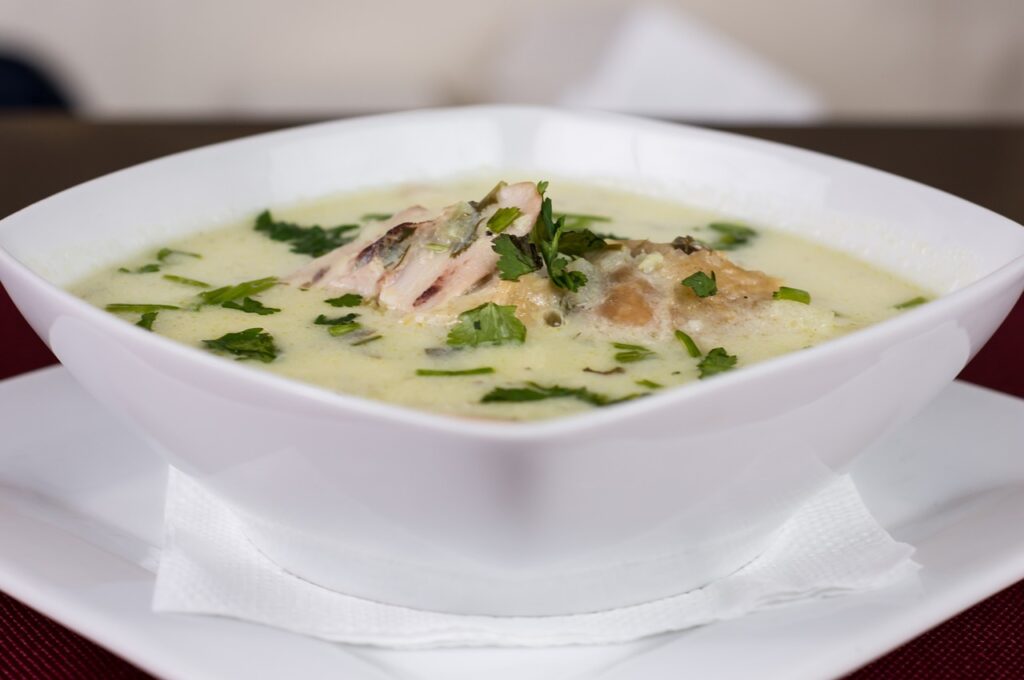
Clear soups and broths, such as vegetable or chicken broth, are not only hydrating but also provide additional nutrients. Opt for low-sodium options when possible.
Smoothies and Juices:

Homemade smoothies and freshly squeezed juices can be hydrating and nutritious. Incorporate water-rich fruits like berries, melons, and citrus fruits, and consider adding some vegetables like spinach or cucumber.
Coconut Water:
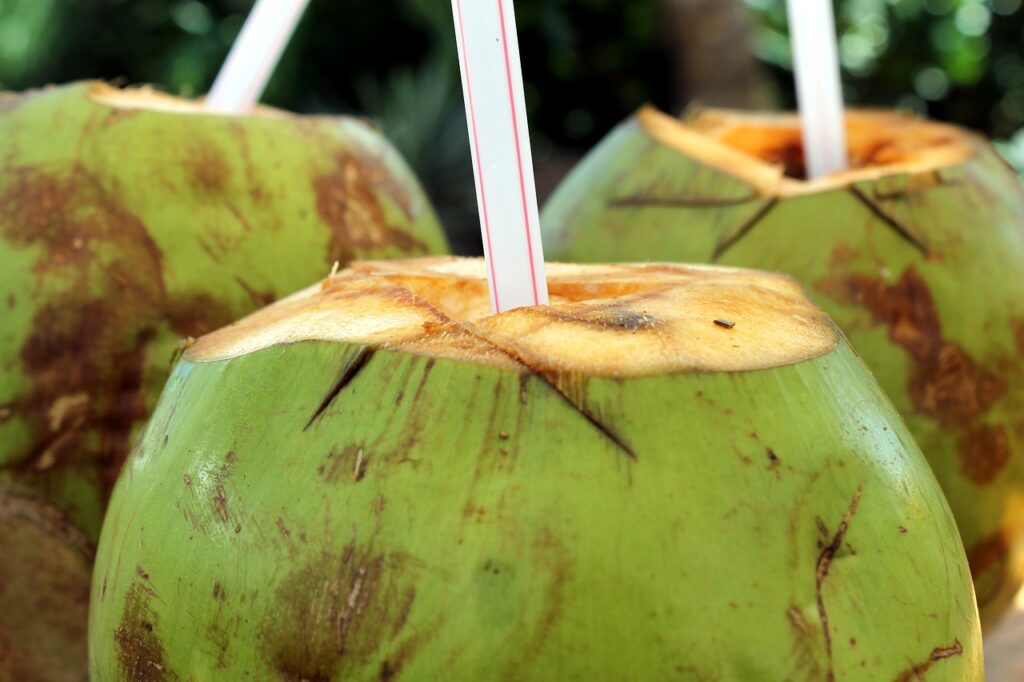
Coconut water is a natural and hydrating beverage that contains electrolytes, making it a good choice for replenishing fluids.
Herbal Teas:
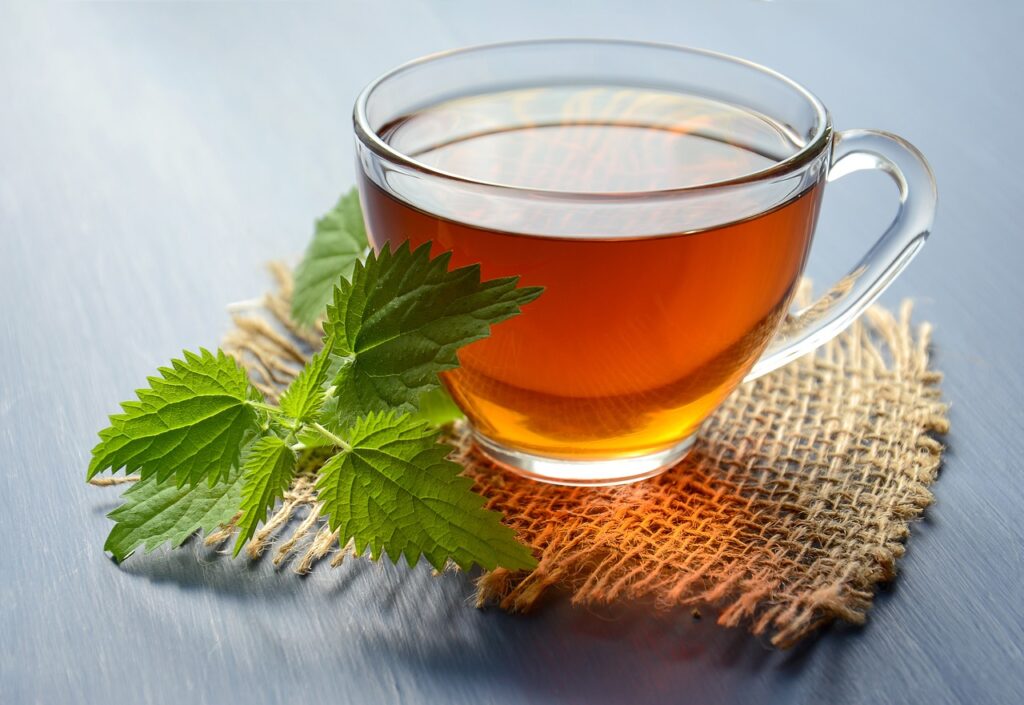
While caffeinated beverages like coffee and regular tea can contribute to hydration, herbal teas without caffeine, such as chamomile or mint tea, can be hydrating options as well.
Yogurt:
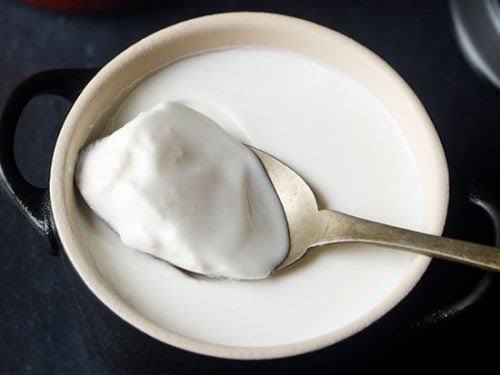
Plain yogurt has high water content and can contribute to hydration. Additionally, it provides beneficial probiotics and protein.
Remember that while hydrating foods can be beneficial, it’s important to also consume an adequate amount of plain water throughout the day to maintain proper hydration levels. The specific hydration needs may vary depending on factors such as activity level, climate, and individual health conditions.

